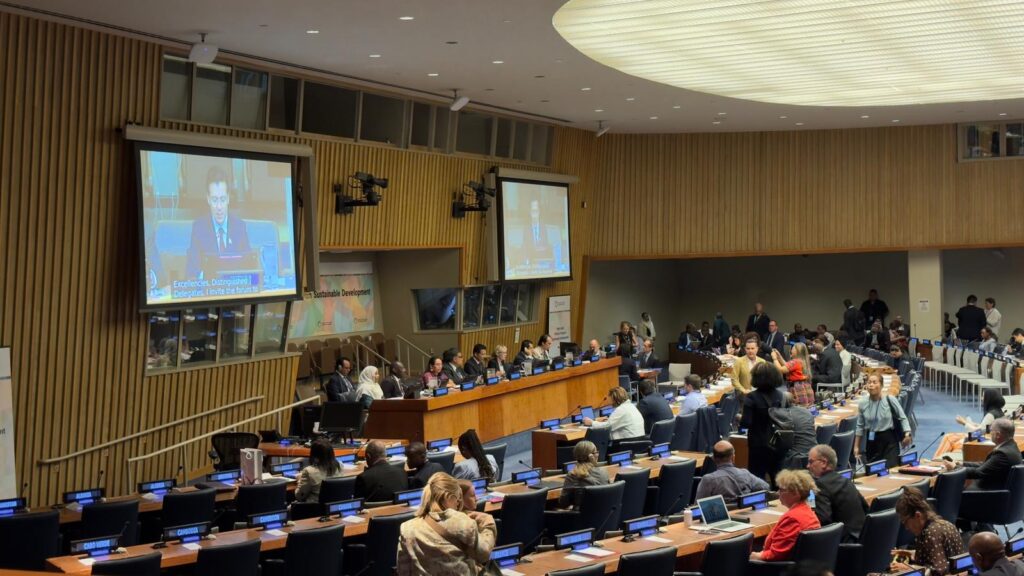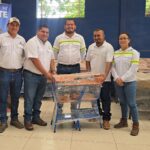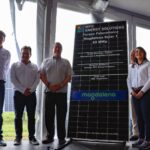ASAZGUA Showcases Contributions of the Sugarcane Agroindustry at the UN High-Level Political Forum (HLPF 2025)
Guatemala’s Sugarcane Agroindustry, represented by the Guatemalan Sugar Producers Association (Asazgua), played a prominent role at the 2025 High-Level Political Forum on Sustainable Development (HLPF)—the United Nations’ central platform for reviewing progress toward the 2030 Agenda.
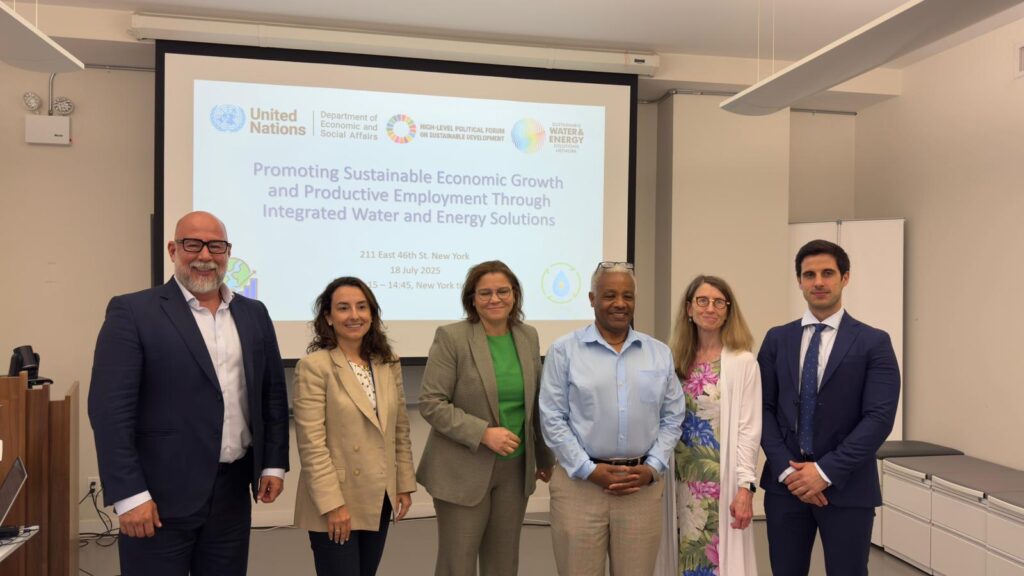
The event brought together governments, private sector actors, and civil society from around the world to share experiences, identify challenges, and strengthen commitments to the Sustainable Development Goals (SDGs).
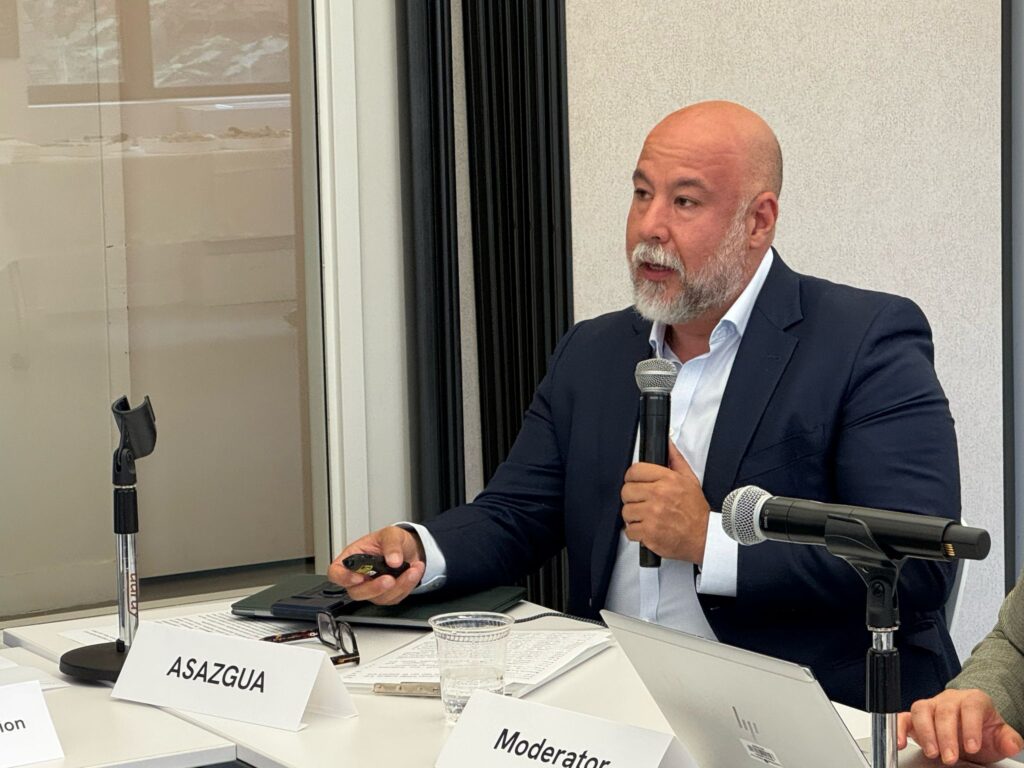
Asazgua was invited by the United Nations Department of Economic and Social Affairs (UN DESA) to join this important international platform. Representing the association, Gustavo Paredes, Asazgua’s delegate, held bilateral meetings with key stakeholders from the multilateral system, international organizations, and foreign delegations—highlighting the sugarcane industry’s role as a driver of sustainable development.
Featured Role in Water and Energy Side Event
A key highlight of Asazgua´s agenda was its participation as a panelist in the side event organized by the UN Sustainable Water and Energy Solutions Network, titled:
“Promoting Sustainable Economic Growth and Productive Employment Through Integrated Water and Energy Solutions.”
During the panel, Engineer Gustavo Paredes shared the industry’s progress in four critical areas:
- Renewable Energy Generation: The sector produces up to 992 MW of clean energy from sugarcane bagasse, contributing up to 30% of Guatemala’s renewable energy supply during harvest season and reducing dependence on fossil fuels.
- Sustainable Water Management: 76% of the water used comes from rainfall, easing pressure on surface and groundwater sources. The industry also participates in 7 watershed councils and 20 local water committees, collaboratively managing 42 monitored rivers.
- Decent Job Creation: The sugarcane industry generates over 52,000 direct jobs and 258,000 indirect jobs, positively impacting more than 310,000 families, especially in rural areas.
- Social Inclusion: Initiatives like “Mejores Familias”, “Mujer de Caña”, and “Cosechando Oportunidades” have supported over 500,000 women and 2,800 youth, building capacities in health, nutrition, entrepreneurship, and technical training.
Contribution to Guatemala’s National Voluntary Review
Asazgua also took part in the presentation of Guatemala’s Fifth National Voluntary Review (VNR 2025) at the UN. The report acknowledges the private sector’s role in sustainable development, with special mention of the sugarcane agroindustry’s contributions to the following SDGs:
- SDG 8 | Decent Work and Economic Growth – Formal job creation in rural areas and strengthening of local value chains.
- SDG 5 | Gender Equality – Inclusion of women in technical roles traditionally held by men.
- SDG 17 | Partnerships for the Goals – Collaborative efforts with communities, local governments, NGOs, and international organizations.
A Model for Sustainable Agroindustry
Asazgua’s participation in HLPF 2025 reaffirms that agroindustry can be a strategic ally in achieving the SDGs. With a circular economy approach, Guatemala’s sugarcane industry integrates responsible production, clean energy, water resource management, decent work, and social inclusion—positioning itself as a regional model for sustainable development.
